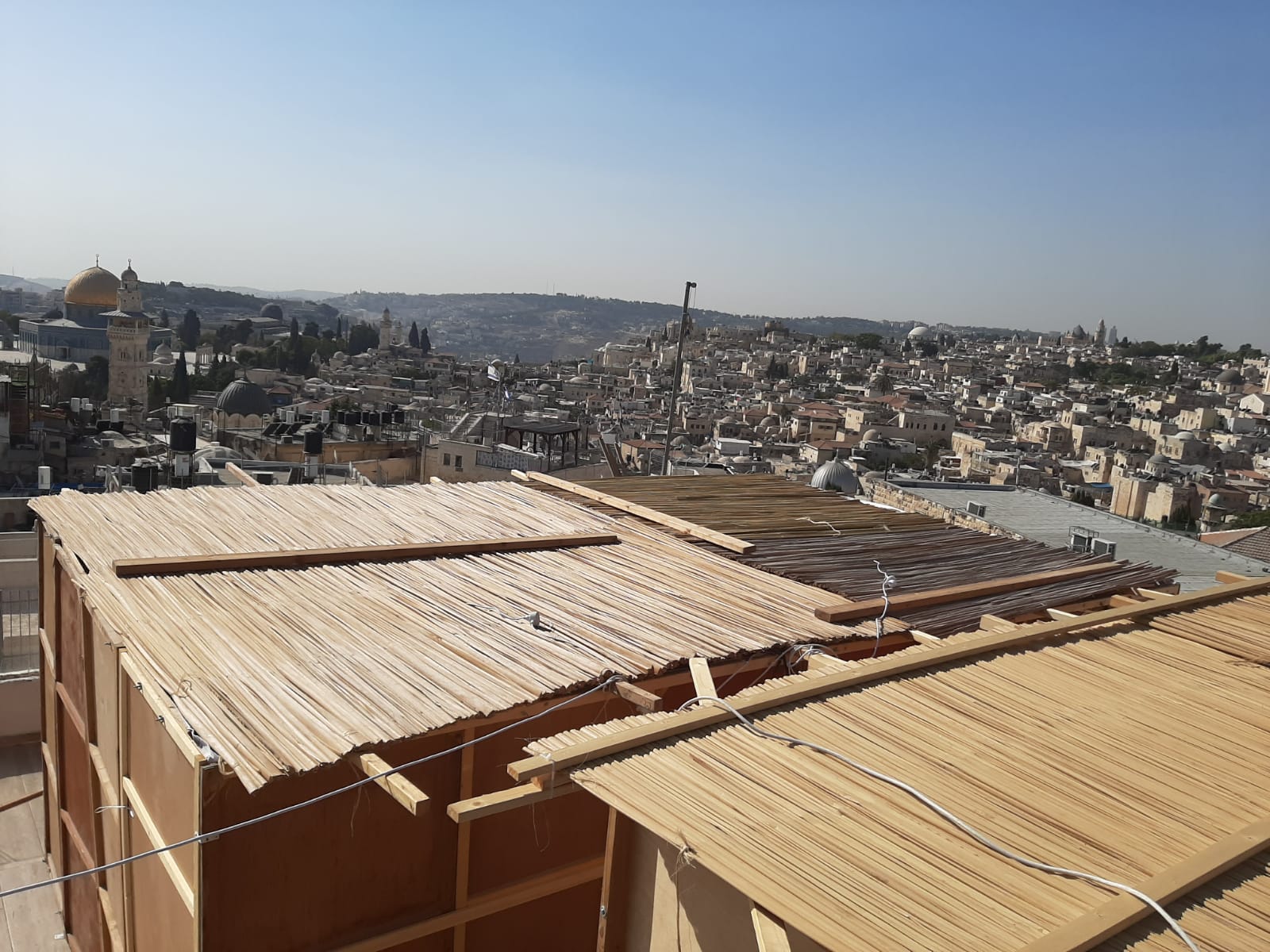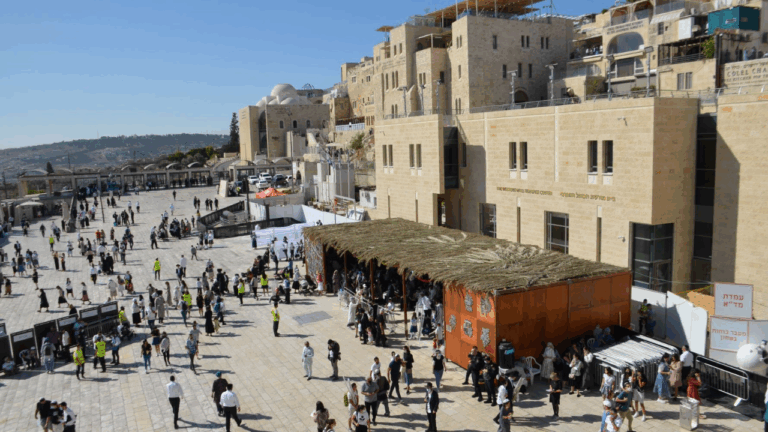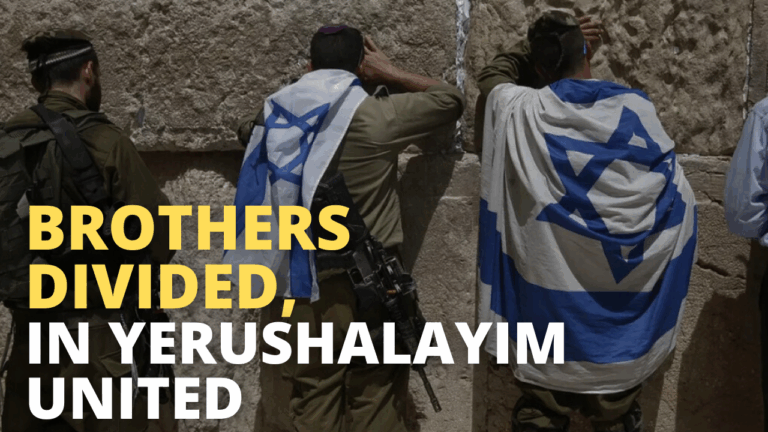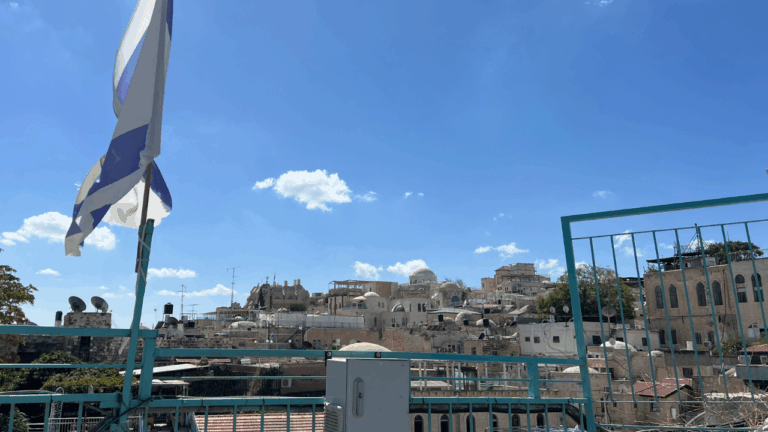Personality, Passions and Jerusalem
We are now situated at the cusp of Sukkot, a transition period in our busy and emotionally volatile month of Tishrei. The mood seems to shift entirely. Rosh HaShanah and Yom Kippur are generally characterized with a solemn and serious environment, conducive for the introspection that these days demand and the fact that they are days of God’s judgment. Sukkot, though, is the time of our joy – a happy time of celebration of spiritual and material bounty.
Despite these differences, Rav Kook sees all of Tishrei as encompassing one long process of growth. He writes that the heaviness of the first ten days of Tishrei is a necessary component of the teshuva process. True repentance requires remorse, contrition and a potentially painful assessment of one’s spiritual state.
However, as meaningful and impactful as this teshuva can be, there is a concern that focusing on these “negative” emotions can have a detrimental impact on the human personality. For Rav Kook, one of the most central components of the human being is one’s “Ratzon” or “Will.” We are all born with the capacity to passionately crave and it is our job to channel this “will” or desire to lofty and positive aspirations. Unfortunately, a possible byproduct of the heaviness of the first part of Tishrei is a general weakening of a person’s “will.” In order to stop craving sinful or even neutral items, a person might feel the need to cut off part of individual personality and become more blasé and less passionate.
For this reason, the month of Tishrei must culminate with Sukkot, the time of our joy. The focus on God’s love and the joy of our relationship with Him restores our “will” and reignites our passions. We live life to its fullest with an assortment of mitzvot, holiday meals and joyful dancing – all in the context of the service of God. As such, Sukkot is the perfect culmination and complement to Rosh HaShanah and Yom Kippur.
Where does this joy take place? While aspects of it occur wherever Jews live, even a cursory glance at our sources highlight the centrality of Yerushalayim. The Torah itself refers to the mitzvah of lulav as “rejoicing before Hashem your God seven days” which the Sages understand as a reference to the Beit HaMikdash. The Mishna describes in great details the joy and dancing of the Water Drawing that took place almost every night of Sukkot in the streets of Yerushalayim and in the Beit HaMikdash.
If Sukkot is supposed to reinvigorate our life force, passions, personalities and “will”, then Yerushalayim is the perfect place to celebrate. Many sources connect Yerushalayim to an intensification of our life-force. For example, Yeshayahu HaNavi describes that in the future, Yerushalayim will be a city of righteous people: “all who are written for life will be in Yerushalayim.” Yerushalayim brings out a person’s true personality and passions, enabling one to live life fully, joyfully and passionately, all within the framework of a connection to God.
May we merit the joy of Jerusalem this Sukkot!



